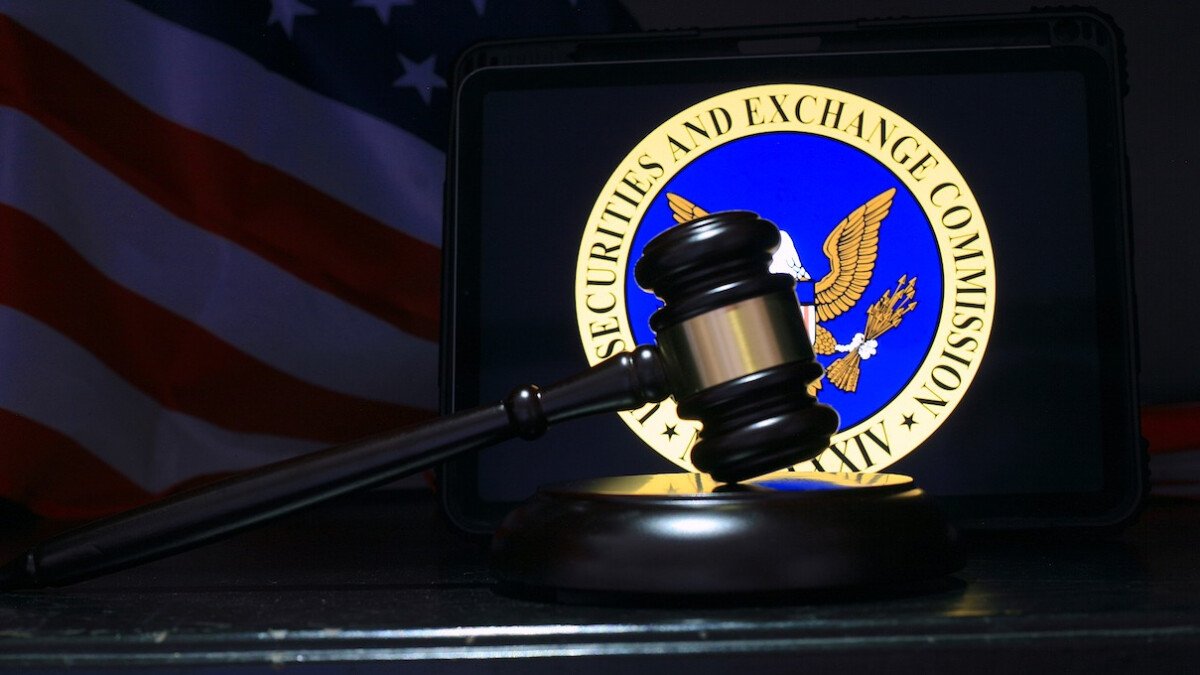The regulatory crackdown on crypto in the US could prove to be just what is needed for the industry to thrive elsewhere, a recent Wall Street Journal article has indicated.
But according to the article, which took a rather hostile tone towards crypto, the industry’s move to greener pastures overseas is not something that should be celebrated.
To avoid regulation in the US, the crypto industry “can flee abroad,” the article declared, while adding that “flouting the rules of regular finance isn’t a bug of crypto, it is a key feature.”
The piece, written by London-based columnist Jon Sindreu, went on to accuse the crypto industry of having “paved the way for rampant speculation while reviving age-old phenomena such as bank runs,” and hinted that innovation in crypto has not created any economic value.
Despite this, certain regions outside of the US, including the European Union, the United Kingdom, Switzerland, Hong Kong, and the United Arab Emirates have embraced crypto with far friendlier regulations than the US.
So far, the EU’s new Markets in Crypto-Assets (MiCA) law has led the major crypto exchanges Binance, Coinbase and Gemini to open regulated entities in Europe, while many other companies have opened shop in Hong Kong and the UAE.
As recently as last month, Hong Kong regulators showed just how eager they are to attract crypto companies to the semi-autonomous city, telling banks in a closed meeting that that they should “not be afraid” of taking on crypto firms as clients.
MiCA’s “big red flag”
Commenting on the EU’s MiCA law, the Wall Street Journal article argued that the law’s limited reach over decentralized finance (DeFi) protocols is “a big red flag.”
“While decentralized in theory, this corner of crypto can end up dominated by big lenders and concentrate voting power in a few hands,” the article claimed.
The piece finally said that crypto regulations in the EU and elsewhere will only remain friendly until the next big scandal hits investors, at which point regulators again are likely to tighten rules.
“As much as crypto can run, all roads may end up leading back to the SEC,” Sindreu concluded his piece by saying.
The regulatory crackdown on crypto in the US could prove to be just what is needed for the industry to thrive elsewhere, a recent Wall Street Journal article has indicated.
But according to the article, which took a rather hostile tone towards crypto, the industry’s move to greener pastures overseas is not something that should be celebrated.
To avoid regulation in the US, the crypto industry “can flee abroad,” the article declared, while adding that “flouting the rules of regular finance isn’t a bug of crypto, it is a key feature.”
The piece, written by London-based columnist Jon Sindreu, went on to accuse the crypto industry of having “paved the way for rampant speculation while reviving age-old phenomena such as bank runs,” and hinted that innovation in crypto has not created any economic value.
Despite this, certain regions outside of the US, including the European Union, the United Kingdom, Switzerland, Hong Kong, and the United Arab Emirates have embraced crypto with far friendlier regulations than the US.
So far, the EU’s new Markets in Crypto-Assets (MiCA) law has led the major crypto exchanges Binance, Coinbase and Gemini to open regulated entities in Europe, while many other companies have opened shop in Hong Kong and the UAE.
As recently as last month, Hong Kong regulators showed just how eager they are to attract crypto companies to the semi-autonomous city, telling banks in a closed meeting that that they should “not be afraid” of taking on crypto firms as clients.
MiCA’s “big red flag”
Commenting on the EU’s MiCA law, the Wall Street Journal article argued that the law’s limited reach over decentralized finance (DeFi) protocols is “a big red flag.”
“While decentralized in theory, this corner of crypto can end up dominated by big lenders and concentrate voting power in a few hands,” the article claimed.
The piece finally said that crypto regulations in the EU and elsewhere will only remain friendly until the next big scandal hits investors, at which point regulators again are likely to tighten rules.
“As much as crypto can run, all roads may end up leading back to the SEC,” Sindreu concluded his piece by saying.
